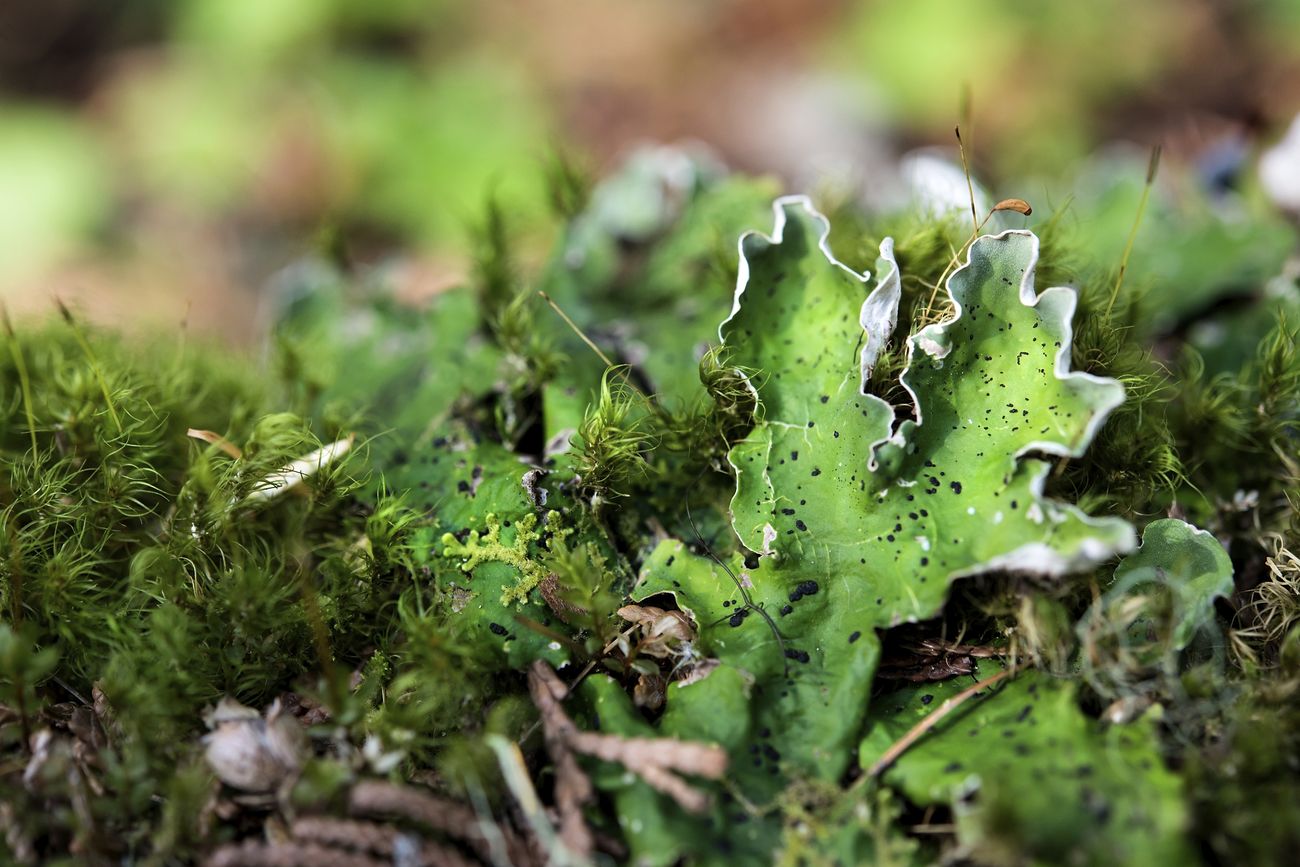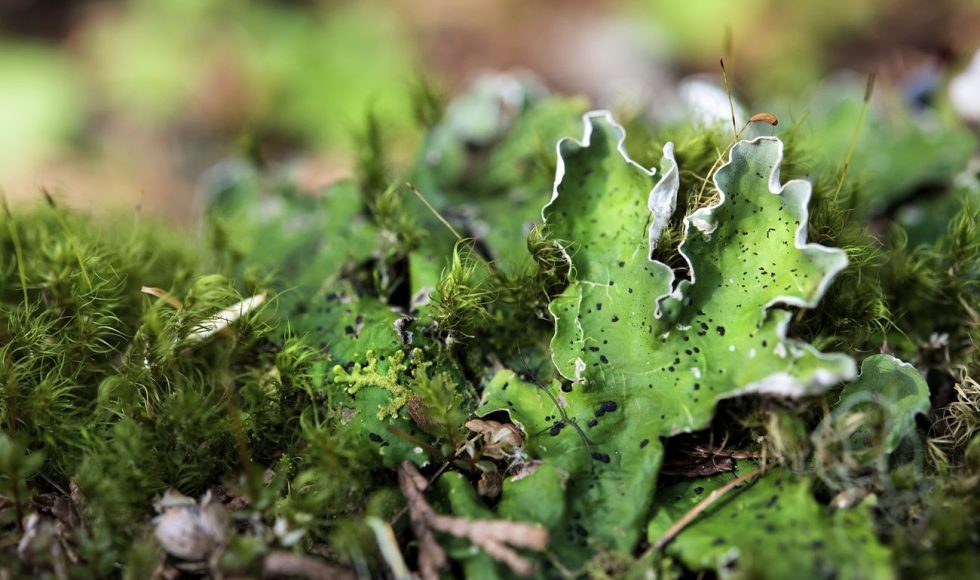Jessica Allen from Eastern Washington University presented at the Nanopore Community Meeting 2022 on “Using nanopore sequencing to investigate genome evolution in fungal symbioses: ploidy, repetitive elements, and reproduction.” Allen studies fungi and mentioned that human fungal pathogens and those affecting plant systems are on the rise. Allen studies lichens. Lichenized fungi are diverse, abundant, and all over, mentioned Allen. They also form macroscopy structures and are used for air quality and pollution monitoring. Lichens are also a model for evolution and “a miniature ecosystem in and of itself” according to Allen. However, these lichenized fungi are tough to grow in lab. Nanopore, Allen mentioned, is a system that allows students to work on this system! They now have a full chromosome assembly and have 19 genomes now, doubling the number of public lichen genomes! With students, they work on collecting samples and sequencing them. This is tricky because… the samples they sequenced were triploid. The next project focuses on the reproduction of lichenized fungi… and the different sexual and asexual cycles. However, they noticed that a lot was now known about mating cycles. For example, they sequenced the mating-type loci throughout the genus Lepraria. They are also analyzing the repetitive content in critically endangered Sulcaria isidifera, for example. Now they are able to learn about lipid metabolism gene families in sequenced lichenized fungi. They found that there are differences in presence of gene families in the different branches of lichenized fungi. I appreciate how Allen is doing this work with students!



